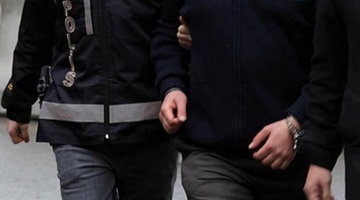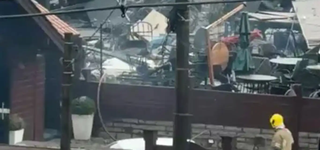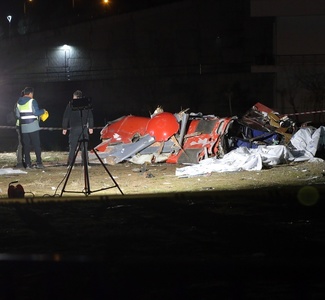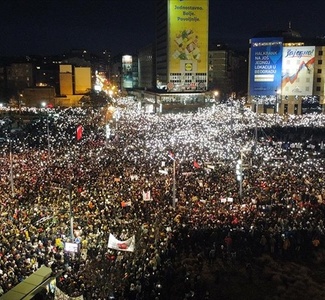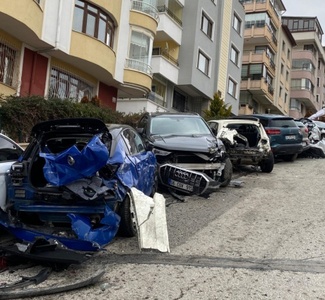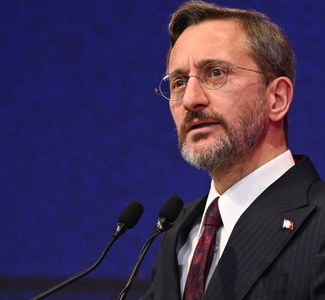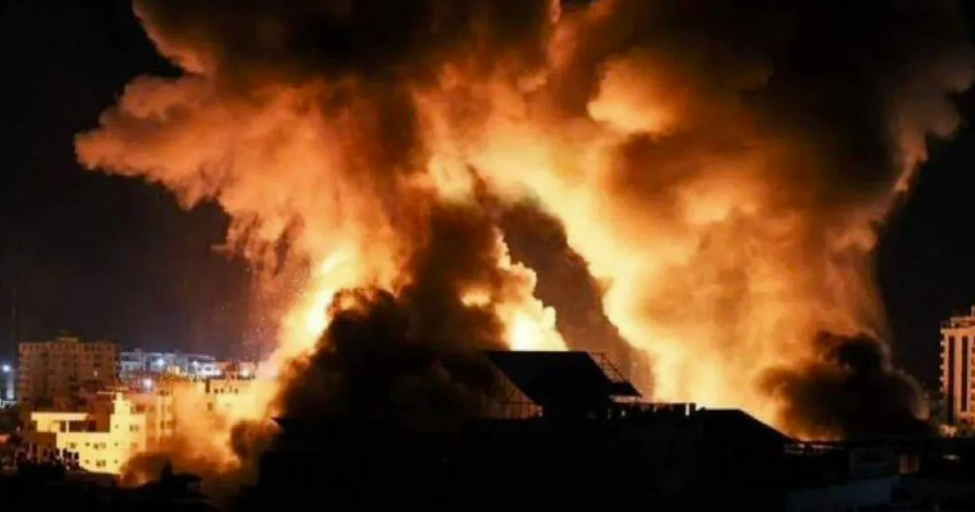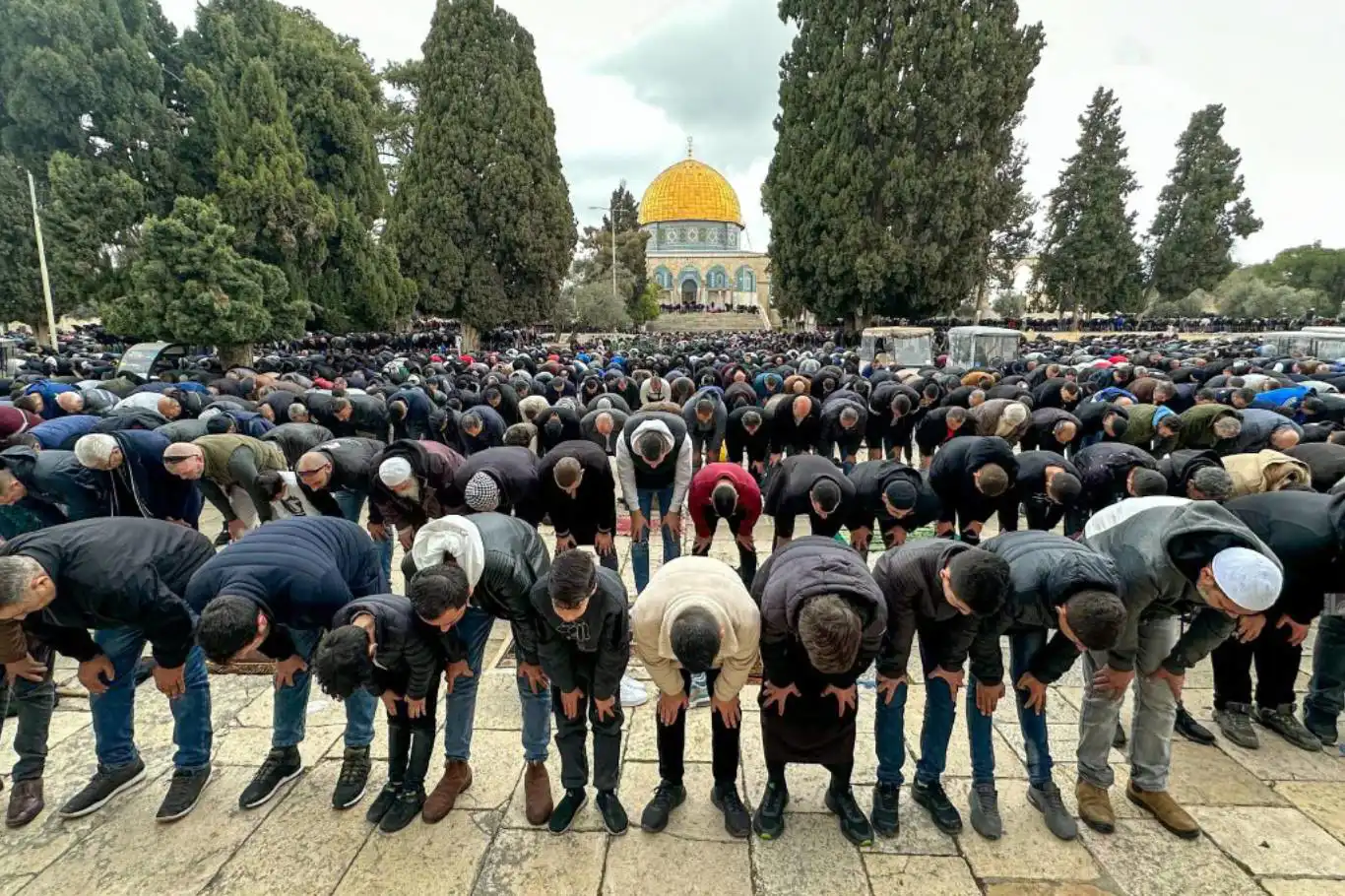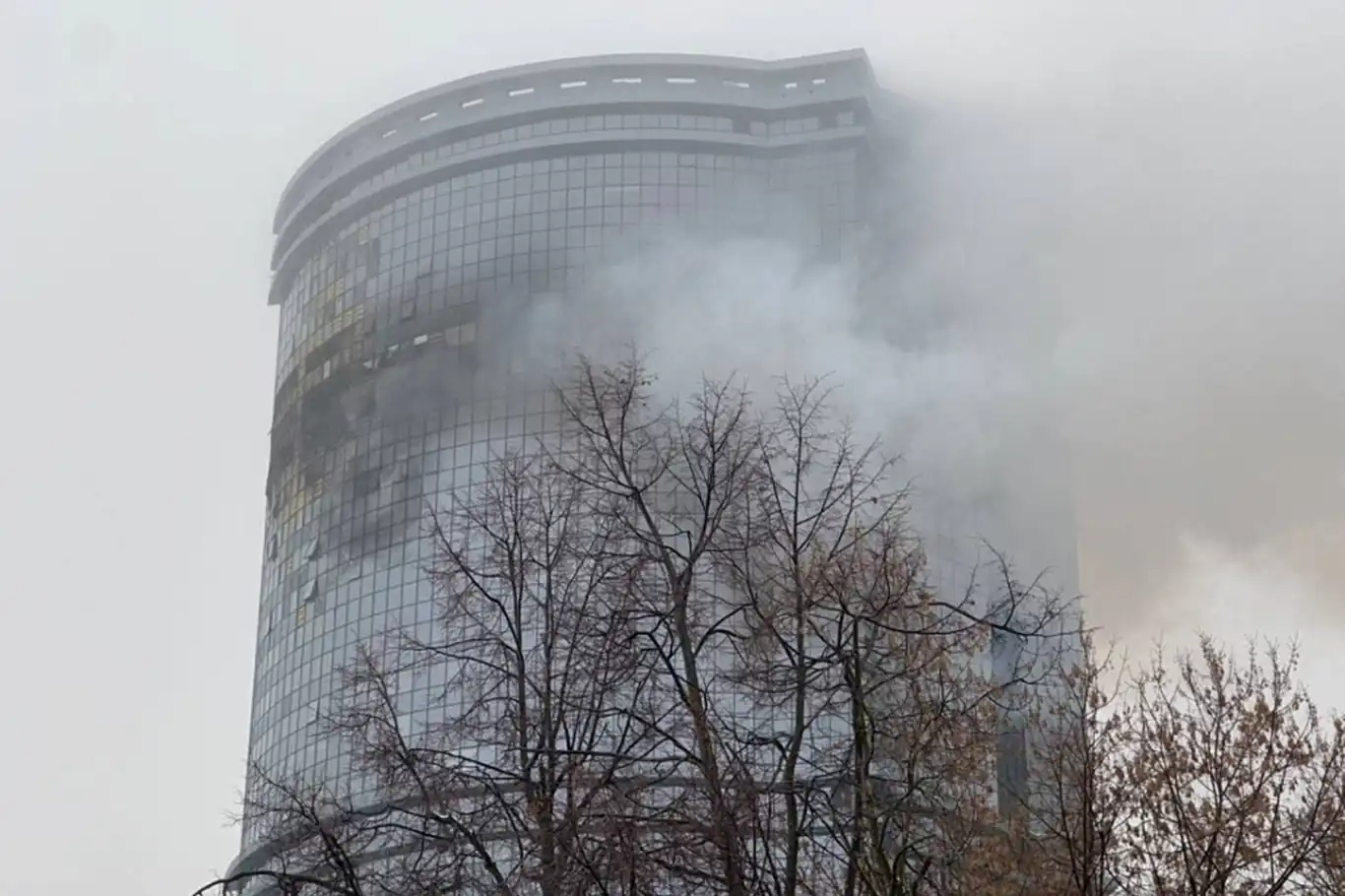HÜDA PAR: We have mobilized all our resources from the first moment of the earthquake
HÜDA PAR officials visited 11 provincial capitals, 59 districts, 1261 neighborhoods, and villages in 11 provinces hit by the devastating earthquakes in Türkiye on February 6, the party’s spokesman said.

 Google News'te Doğruhaber'e abone olun.
Google News'te Doğruhaber'e abone olun. “We met with the authorities, headmen, and earthquake victims, lent an ear to their problems, and did our best to find solutions to the problems,” Serkan Ramanlı said in his party’s weekly statement.
Expressing his condolences to those who died in the earthquake and floods on behalf of his party, Ramanlı said: “Our country has faced a great earthquake disaster. While trying to heal the wounds of the earthquake as a nation, we came face to face with the flood disaster last week. We wish Allah's mercy on our people who died in earthquakes and floods, and offer our condolences to their families.”
“As HUDA PAR, we have been on the field since the first moments of the earthquake”
Reminding that as HUDA PAR, they have been on the field since the first moments of the earthquake, Ramanlı said: “Since the first day of the February 6 Earthquake in Kahramanmaraş, our President, Vice Presidents, members of the general administrative board, provincial and district organizations, together with the provincial centers, visited the districts, neighborhoods, and villages in 11 provinces where the disaster occurred. Our visits and our work in the field still continue. Our Disaster Coordination Center carries out its activities non-stop in 11 provinces affected by the earthquake with 12 teams under the presidency of the Vice Presidents. In addition, our Provincial Heads in the provinces where the earthquake did not occur, together with the Provincial Administrations, visit the rural villages and neighborhoods affected by the earthquake.”
“We witnessed the problems and troubles of the earthquake victims on the spot”
Ramanlı noted that as the party, they witnessed the problems and troubles of the earthquake victims on the spot, and said: “From the first day of the February 6 Earthquake in Kahramanmaraş, we formed 12 teams within our Disaster Coordination Center and visited 11 provincial capitals, 59 districts, 1261 neighborhoods and villages in 11 provinces hit by the devastating earthquakes. We met with the authorities, headmen and earthquake victims, lent an ear to their problems, and did our best to find solutions to the problems. Non-governmental organizations, associations, foundations and congregations that our members have voluntarily supported since the first day offered hot meals both in search and rescue efforts and in the provinces where the disaster occurred. Dry food, clothing, and baby and women's special needs were distributed. Needs such as blankets, stoves, fuel, etc. were met. Currently, hot meals for 50 thousand people are produced daily in soup kitchens established by non-governmental organizations in Adıyaman, Kahramanmaraş, Hatay, and Malatya, and hot meals are delivered to rural villages, especially tent cities.”
“The inability to produce permanent solutions to the problems caused earthquake survivors to liken tent cities to 'prisoner camps'“
Ramanlı stated that communal areas bring many problems, especially regarding privacy, and continued: “Families with elderly, disabled and chronic diseases rightfully demand containers. There are families in this situation in every tent city. Washbasins, toilets and bathrooms, which are common areas, are insufficient in number and are not suitable for use by women, the elderly, and children due to the fact that toilets and washbasins are installed outside the tent city. There are also problems in terms of using the washbasins cleanly. Cleaning staff should be employed in this area. Problems regarding mains water, hot water and drinking water continue in tent cities. Queues form in front of sinks, toilets, and bathrooms, which creates a serious problem in terms of privacy. Tent cities are not supplied with electricity. Tent city residents have difficulty even charging their phones. Heating and hygiene problems continue in tents.”
Ramanlı stated that the earthquake survivors could not make their voices heard enough and therefore they tried to make their voices heard and added: “Tent city residents' inability to make their voices heard enough about the troubles they experienced, the ignoring of their troubles by some authorities, the inability to produce permanent solutions to the problems and the increasing desperation caused the earthquake survivors to liken the tent cities in which they live to 'prisoner camps'. This saying is common. Maximum effort should be made to solve any problem, big or small.”
Emphasizing the importance of having female officials who will deal with the problems of women earthquake survivors, Ramanlı said: “It is important to have female officials in shelter areas, especially in tent cities, in order to meet the needs of women.”
Reminding that there are some situations due to coordination problems for earthquake survivors, Ramanlı said: “The tent city of 500 tents, which was established on the empty land on the 3rd Ring Road in Adıyaman by the Barzani Charity Foundation on February 17, is still empty. If there are no people to be placed, sending these tents to the places where they are needed would be beneficial.” (ILKHA)





























